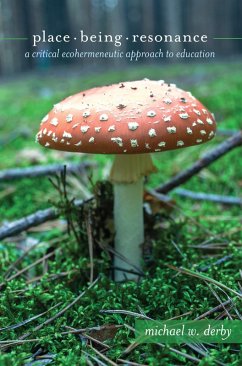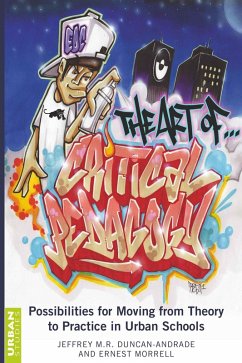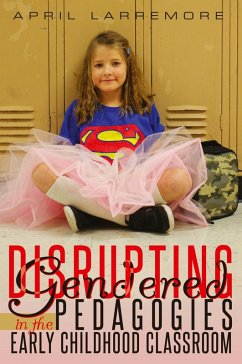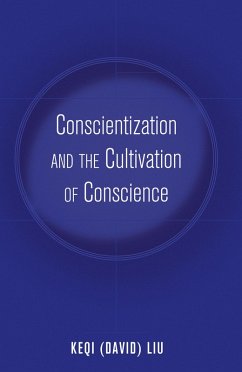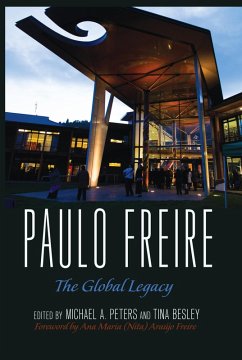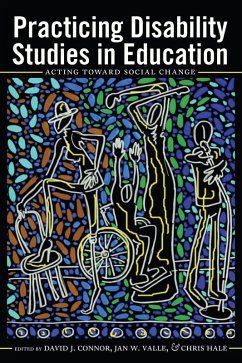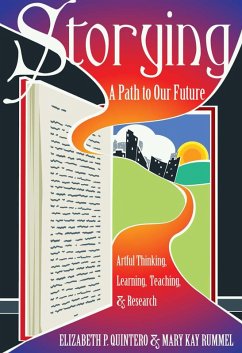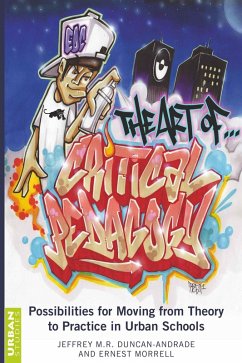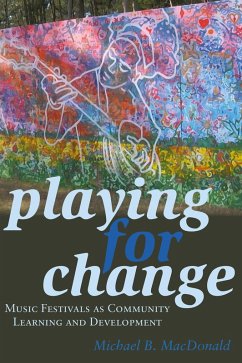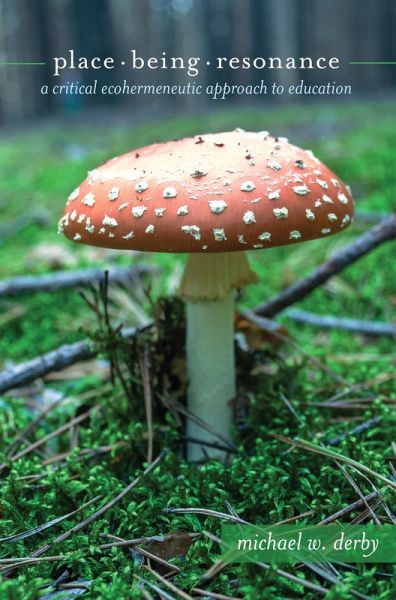
Place, Being, Resonance (eBook, PDF)
A Critical Ecohermeneutic Approach to Education
Versandkostenfrei!
Sofort per Download lieferbar
Statt: 43,10 €**
35,95 €
inkl. MwSt.
**Preis der gedruckten Ausgabe (Broschiertes Buch)
Alle Infos zum eBook verschenkenWeitere Ausgaben:

PAYBACK Punkte
18 °P sammeln!
How do we begin to move beyond a use-relation with «natural resources» towards resonance with a deeply interrelated ecology? Place, Being, Resonance brings insights from the hermeneutic tradition, ecopoetics and indigenous epistemologies of place to bear on education in a world of ecological emergency. An ecohermeneutic pedagogy draws on both critical and lyrical ways of thinking to make a free space for encountering the more-than-human other. The conventional school system has long sat at the vanguard of an ecologically exploitative worldview and something more is called for than retrofitti...
How do we begin to move beyond a use-relation with «natural resources» towards resonance with a deeply interrelated ecology? Place, Being, Resonance brings insights from the hermeneutic tradition, ecopoetics and indigenous epistemologies of place to bear on education in a world of ecological emergency. An ecohermeneutic pedagogy draws on both critical and lyrical ways of thinking to make a free space for encountering the more-than-human other. The conventional school system has long sat at the vanguard of an ecologically exploitative worldview and something more is called for than retrofitting current practices while reinforcing the substructure of modernity. As educators we walk an existentially trying path of attending to what needs to be called into question and for what presses questions upon us. What presuppositions shape our relation with the natural world? How might we work at the level of metaphor to generate the critical distance required for analysis, while keeping hearts and minds open to encounters that might heal our estrangement? How do we learn to both read place and recognize that we are read? Utilizing fungal mycelium as a way of thinking, this inquiry inoculates the fragmented landscape of education in order to bring learning into resonance with being. Here, along the path, the attentive mind finds little bell-shaped fungi scattering the forest floor, calling us home and provoking our thinking to be deeply imaginative when it needs to be.
Dieser Download kann aus rechtlichen Gründen nur mit Rechnungsadresse in A, D ausgeliefert werden.




